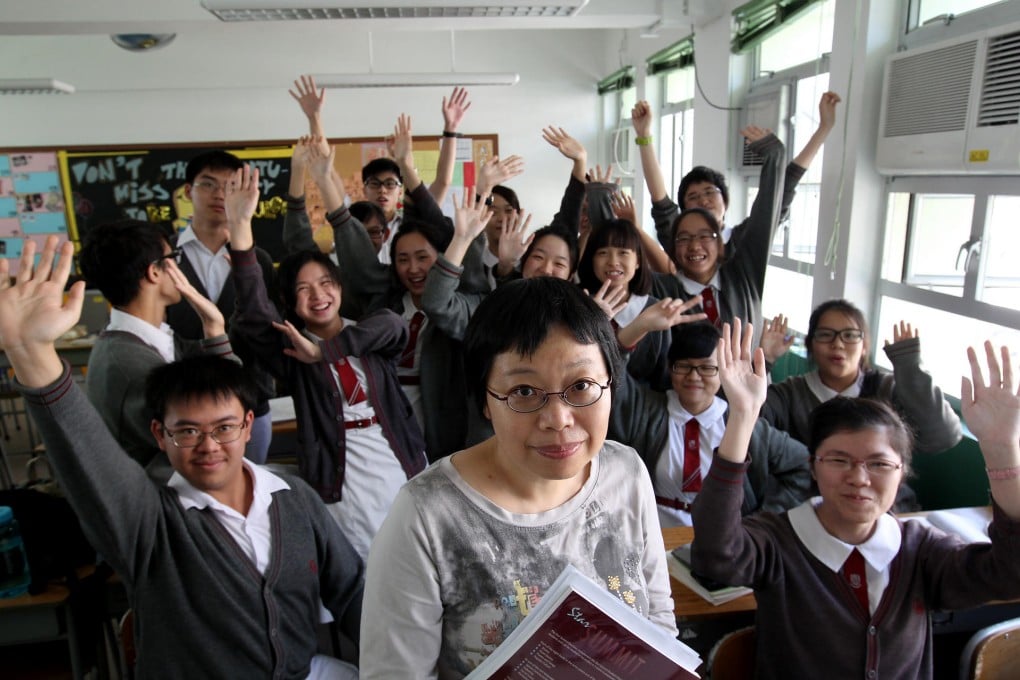Teachers and pupils struggle with school-based assessment system
Teachers and pupils alike are finding it difficult to cope with new criteria for gauging students' abilities in core subjects

Students are used to being graded and appraised on their efforts in the classroom, and standard evaluations are second nature for them and their teachers.
But the city's school-based assessment (SBA) system - which serves as a key, compulsory component of the Hong Kong Diploma of Secondary Education (HKDSE) university entrance examination launched last year - has introduced unexpected, and often burdensome, elements into those evaluations.
The HKEAA needs to simplify the assessment requirements to suit the level of secondary students
The purpose of the SBA system is simple: provide students with ongoing feedback on their learning progress, with marks that are included in the final public examination. This way, students don't have to rely solely on how they do in the university entrance exam.
The scoring is broken into various stages and parts, and it varies from subject to subject. In 2009, many schools started teaching SBA lessons to Form Four students in the core subjects of Chinese and English languages, liberal studies, and a few electives.
But the task preparations, markings and submission of marks created heavy workloads for teachers, not to mention their students, prompting a deluge of complaints.
In response, the Hong Kong Examinations and Assessment Authority (HKEAA) streamlined the system last year by reducing the number of marks that must be submitted for most subjects, while full implementation of the SBA - including nine elective subjects - was pushed back from 2014 to 2019.